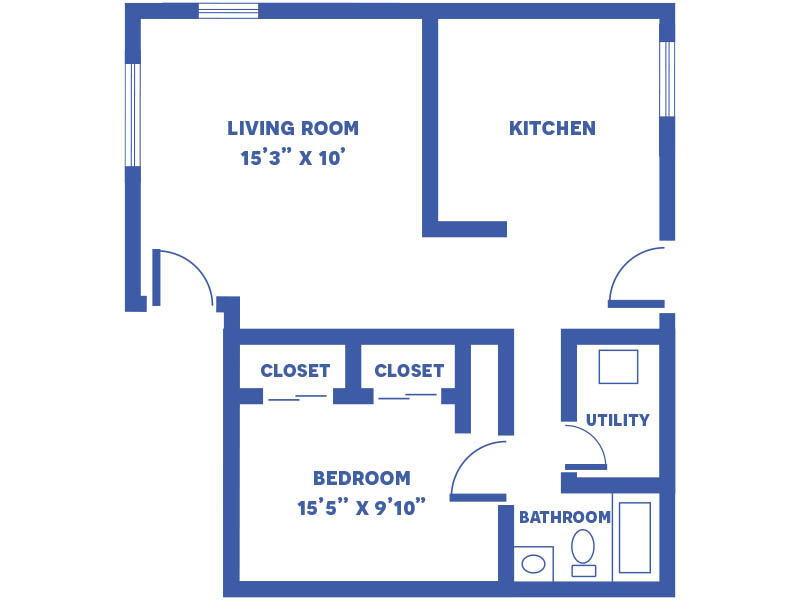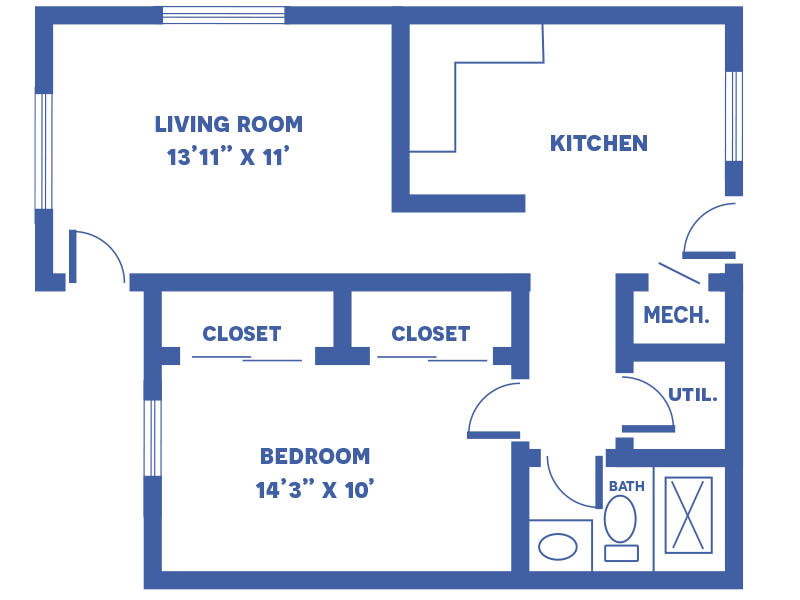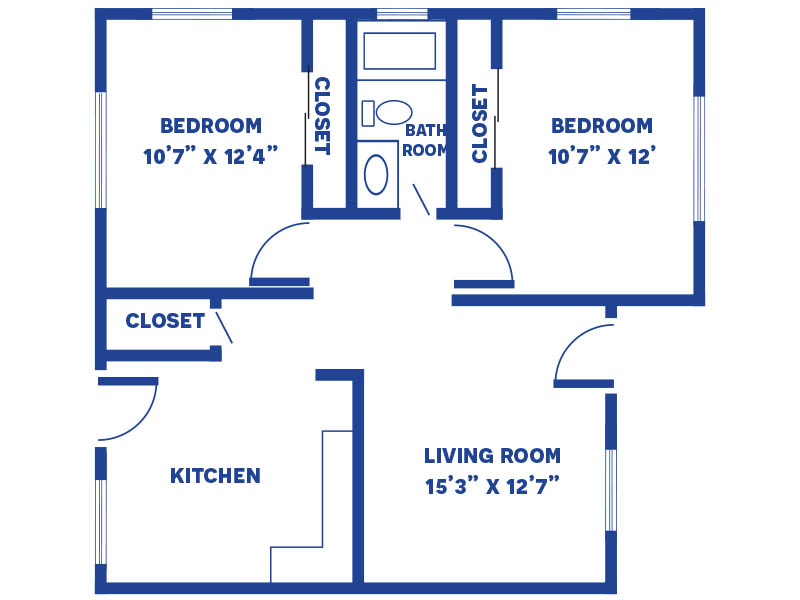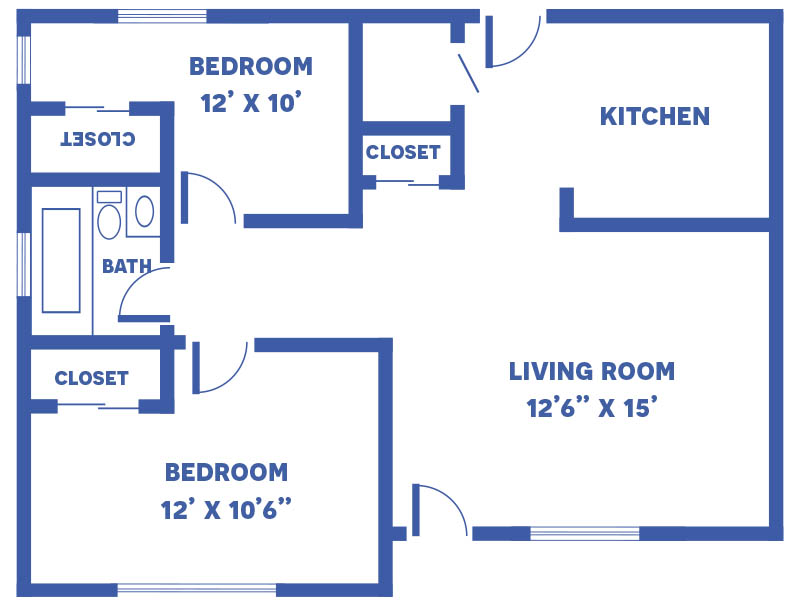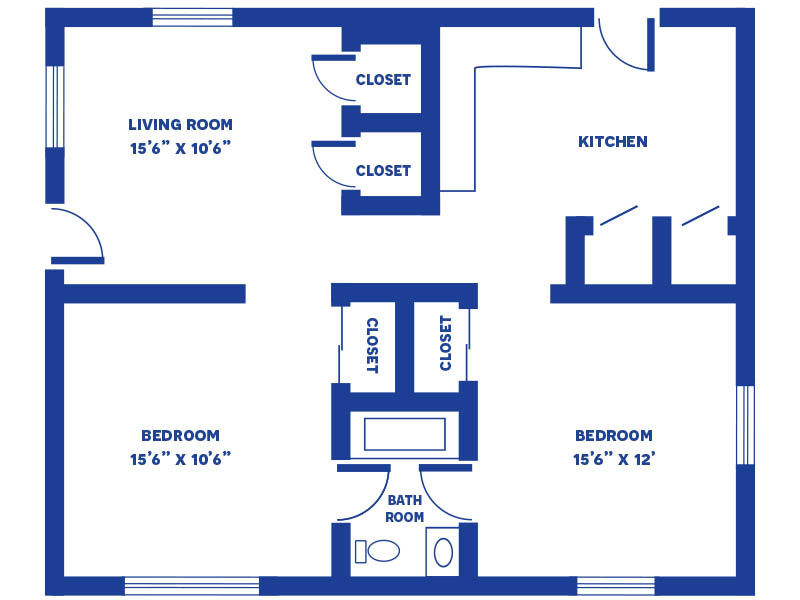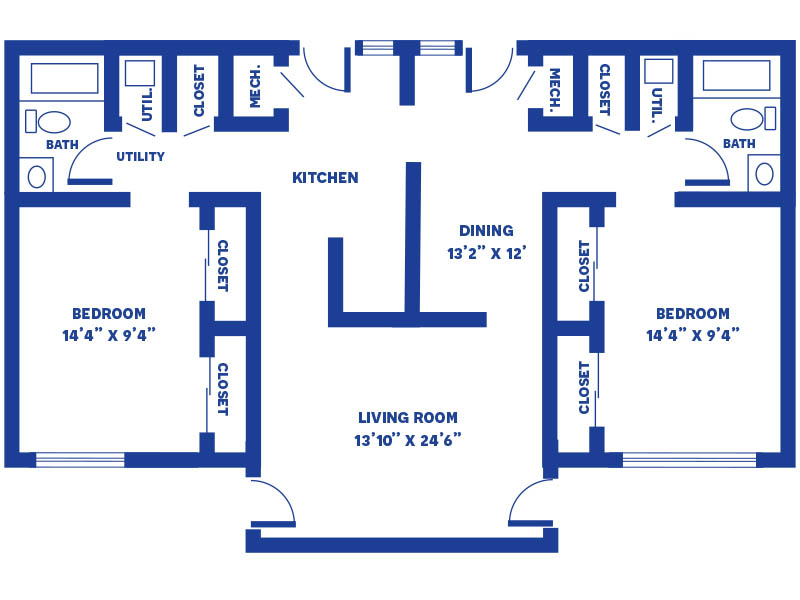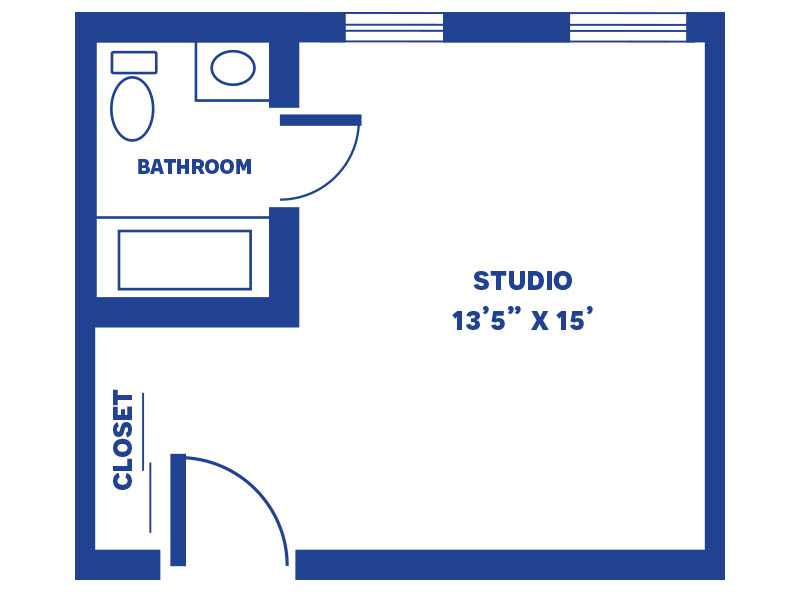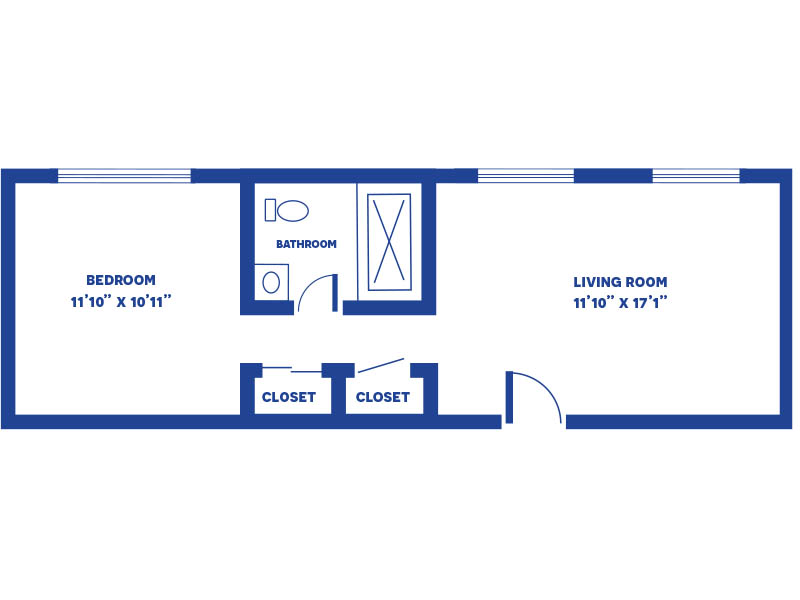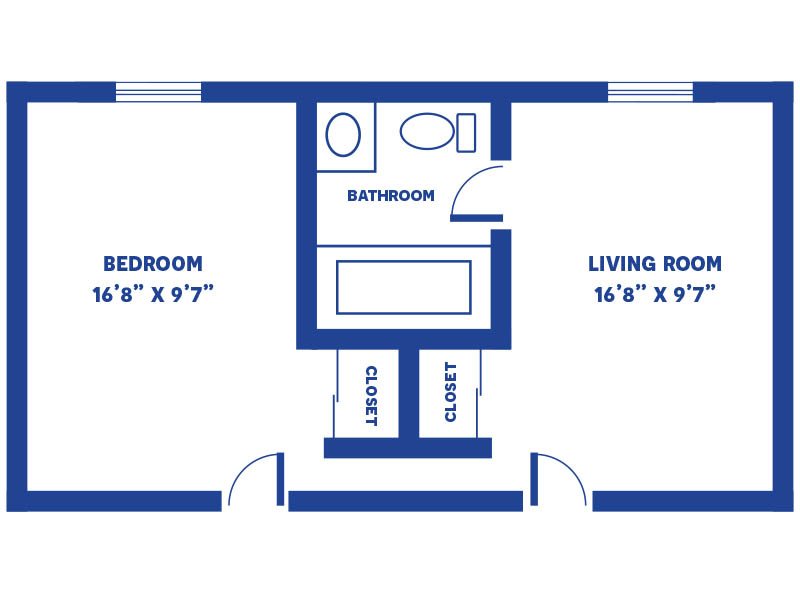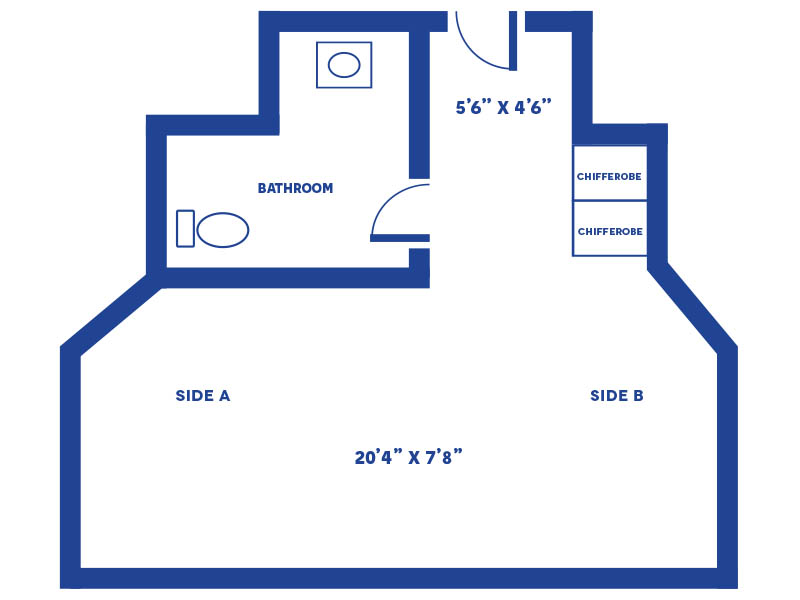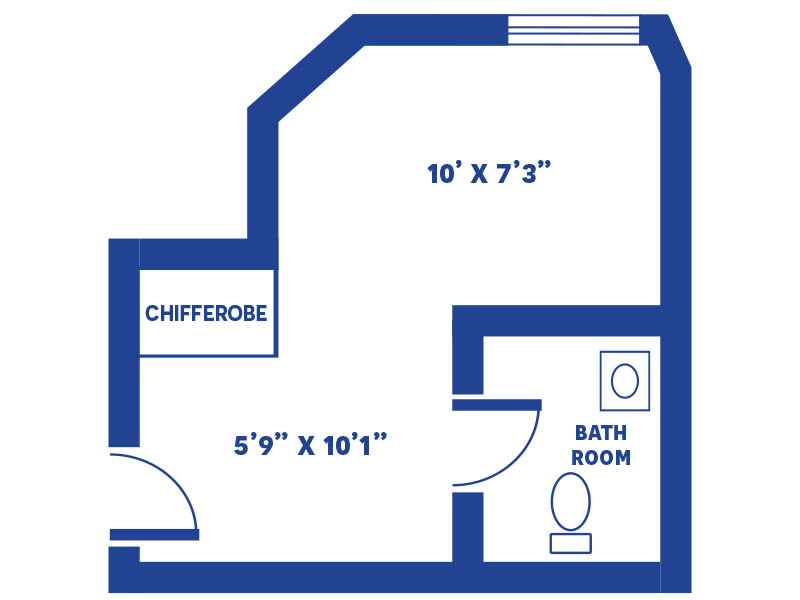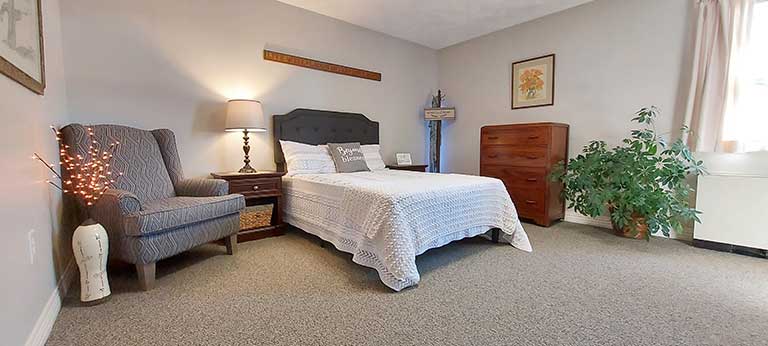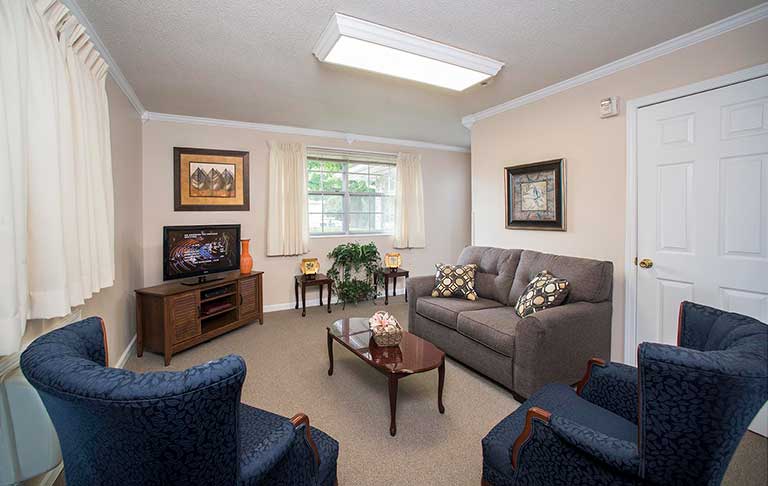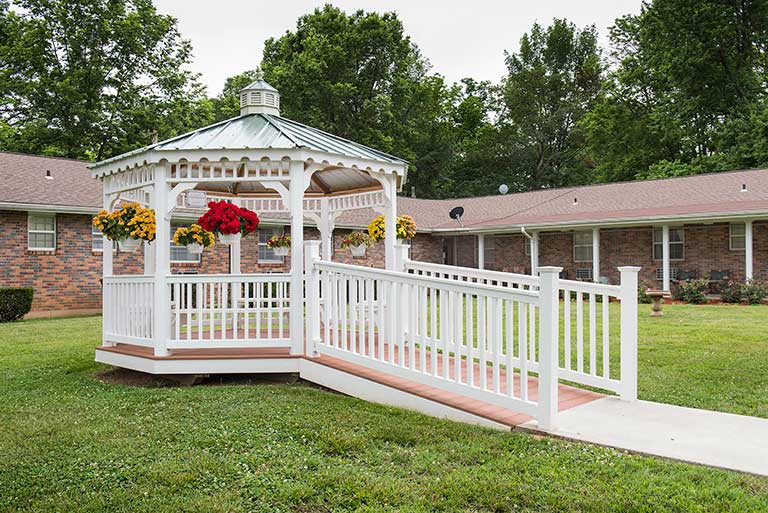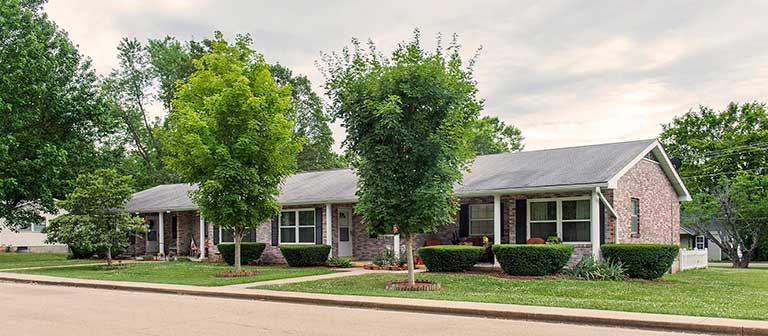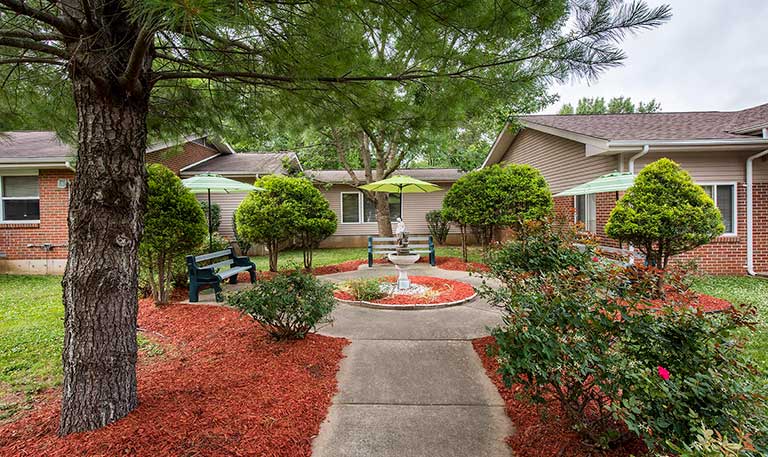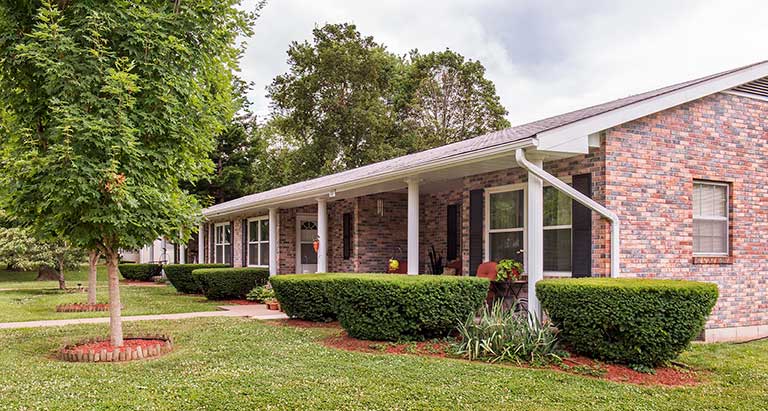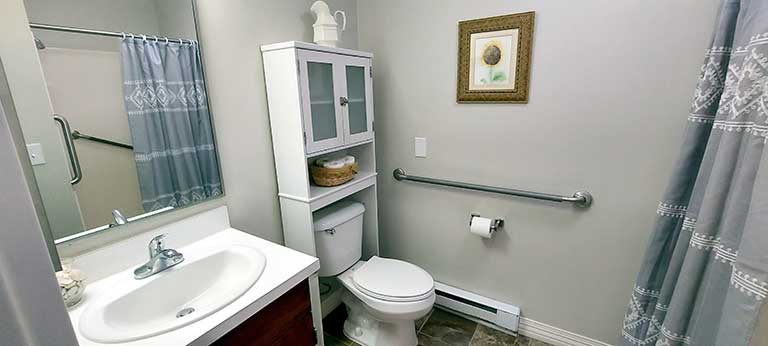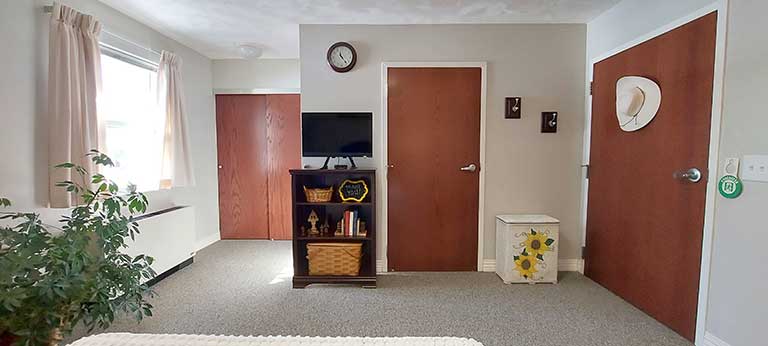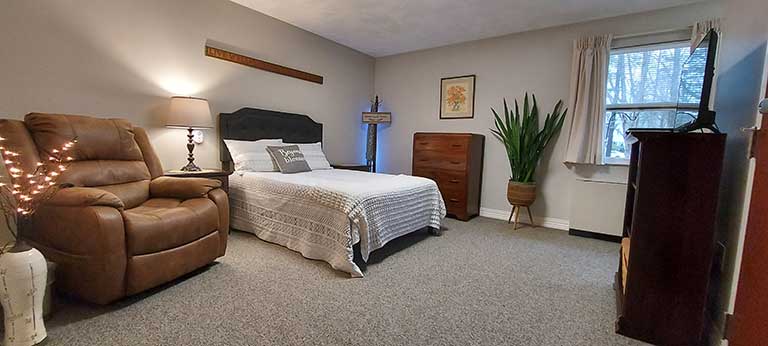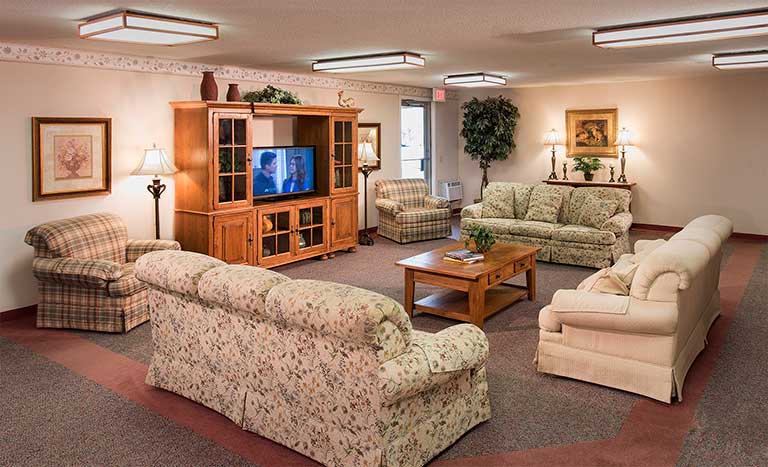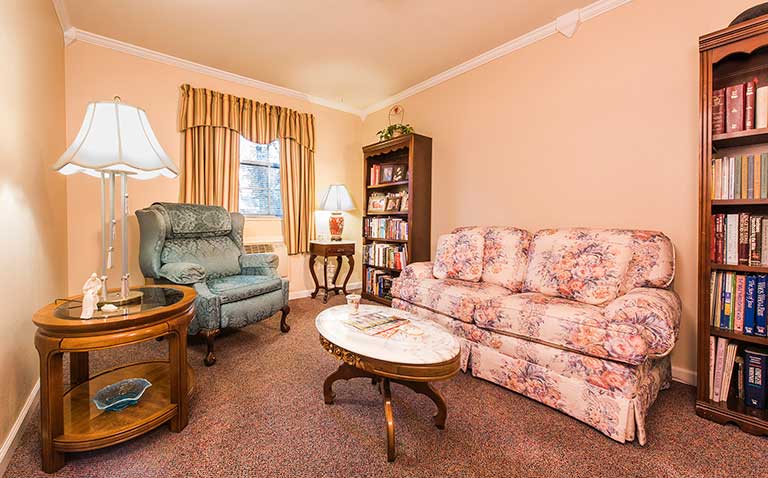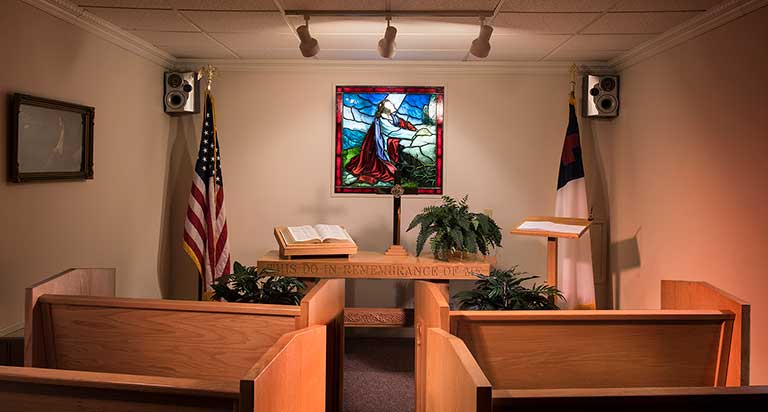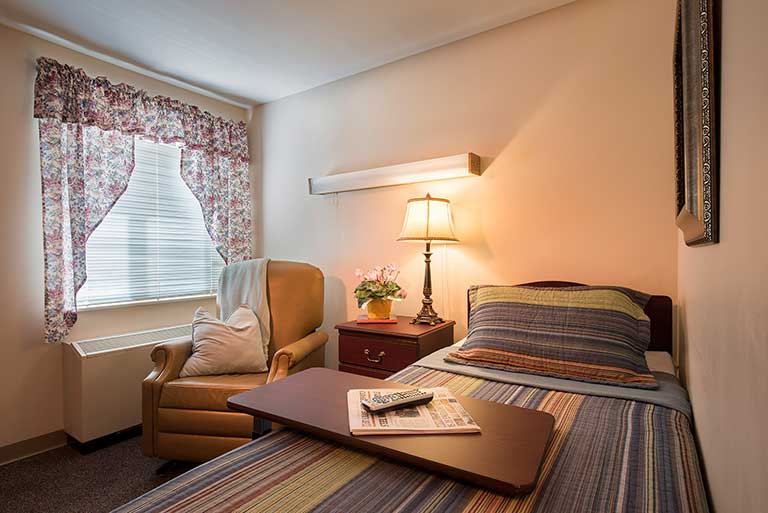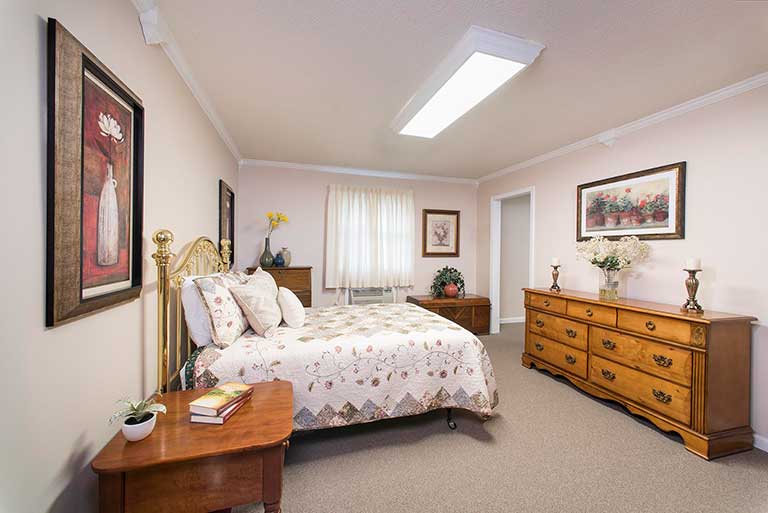About Farmington Presbyterian Manor
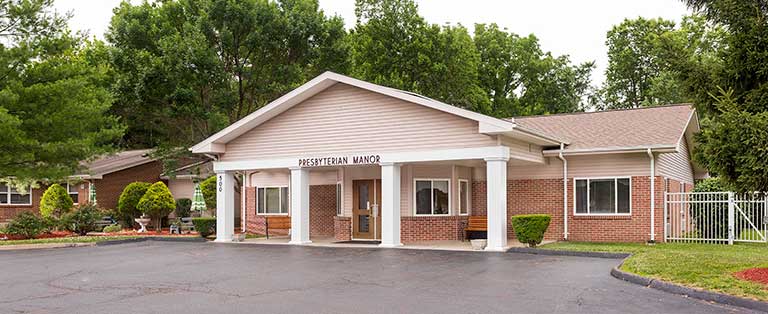
When you’re searching for senior living in Missouri, our full-service Life Plan Community has all you need and more.
Farmington Presbyterian Manor offers independent living, assisted living, memory care, long-term care, and short-term rehabilitation options. As a part of the PMMA® network of senior living communities, we have the team, mission, and resources to deliver the senior living experience you deserve.
In our close-knit community, you’ll get to know your neighbors and our caring team. We encourage you to experience life at your own pace and will support you in achieving the lifestyle you desire.
As a faith-based, not-for-profit senior living community, we’re focused on people over profits. Our mission of service means you’ll receive the personalized care, consideration, and support you need to enjoy your best life as a valued resident of our community.
Team
Farmington Presbyterian Manor is a faith-based, not-for-profit community with the resources and the team to serve you in every stage of your senior living journey.


